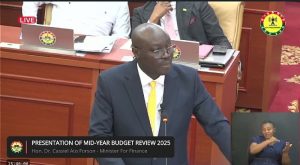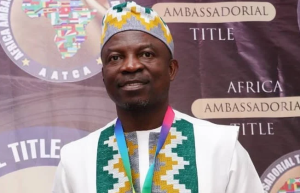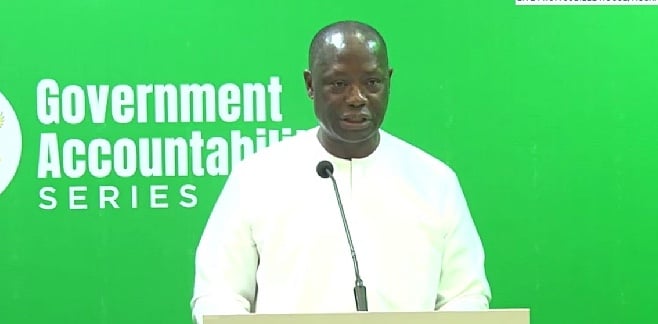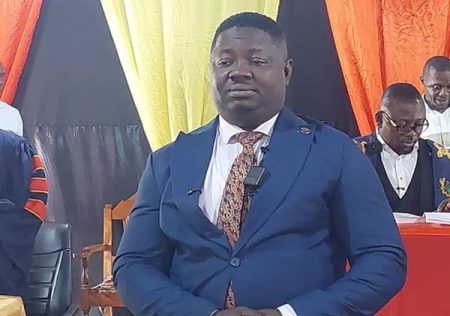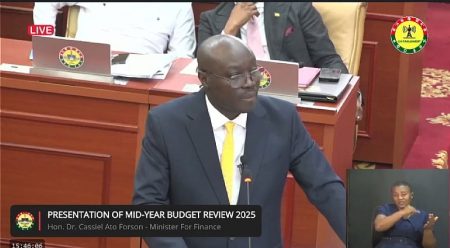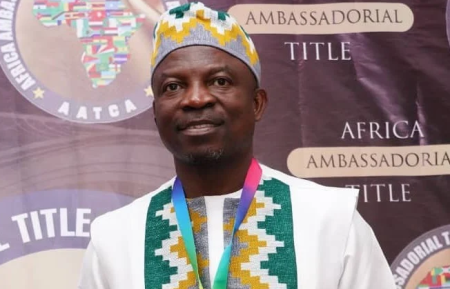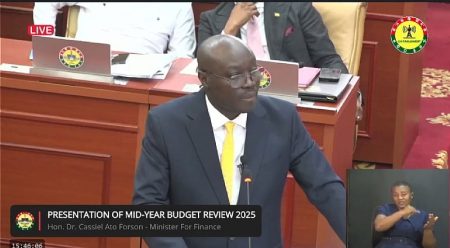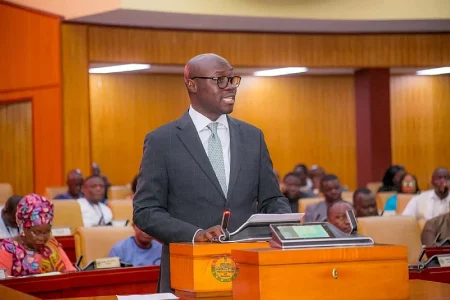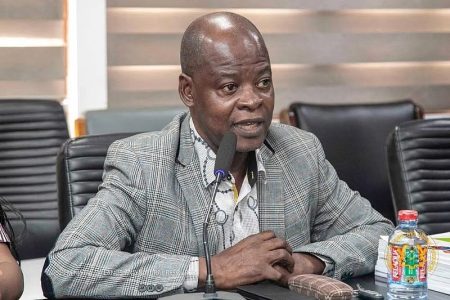The Ghanaian government, under the leadership of Lands and Natural Resources Minister Emmanuel Armah-Kofi Buah, has launched a robust offensive against illegal mining, commonly known as “galamsey.” This renewed effort, driven by escalating environmental damage and resource depletion, has resulted in significant seizures of equipment and a wave of arrests. Over 1,300 individuals have been apprehended across the country, and a staggering 425 excavators, alongside other mining machinery, have been confiscated. This aggressive approach underscores the government’s commitment to stemming the tide of illegal mining and reclaiming control over Ghana’s mineral resources. Minister Buah emphasized the collaborative nature of the operation, highlighting the crucial role played by various agencies, particularly the Forestry Commission, in achieving these results.
The Forestry Commission’s operations within protected forest reserves, targeted due to their vulnerability to illegal mining activities, have yielded a substantial portion of the seizures and arrests. Within these reserves alone, 177 excavators, along with bulldozers, vehicles, motorbikes, pumping machines, chamfan machines (used for gold processing), gold detectors, and heavy-duty generators have been confiscated. These seizures, combined with the arrest of 286 individuals within the forest reserves, demonstrate the focused effort to protect these ecologically sensitive areas. The multi-agency approach, involving various government bodies, reflects a unified front against illegal mining and a shared commitment to safeguarding Ghana’s natural heritage.
Minister Buah’s announcement signals a significant escalation in the government’s fight against galamsey, reflecting a heightened awareness of the environmental crisis it represents. Illegal mining operations have caused extensive damage to Ghana’s forests, rivers, and farmland, prompting urgent action to mitigate the devastating consequences. The indiscriminate excavation and use of harmful chemicals associated with galamsey have polluted water bodies, rendering them unsafe for human consumption and decimating aquatic life. Moreover, extensive deforestation has resulted in habitat loss, soil erosion, and increased vulnerability to flooding, threatening the livelihoods of communities that depend on these resources.
The government’s intensified campaign against illegal mining aims not only to curb environmental destruction but also to restore the rule of law. The large number of arrests signals a determined effort to hold perpetrators accountable for their actions. The public now awaits further updates from the Attorney General’s office regarding the prosecution of those arrested. Successful prosecutions are crucial for deterring future illegal mining activities and demonstrating the government’s resolve in enforcing environmental regulations. This transparency and accountability in the legal process will build public confidence in the government’s commitment to addressing this critical issue.
The fight against galamsey represents a complex challenge, demanding not only robust enforcement but also a multi-faceted approach that addresses the underlying socio-economic factors driving illegal mining. Poverty, unemployment, and the allure of quick profits often push individuals towards illegal mining activities. Therefore, sustainable solutions require creating alternative livelihood opportunities and empowering local communities to participate in responsible resource management. Educating communities about the long-term environmental and health consequences of galamsey is also essential for fostering a culture of environmental stewardship.
Moving forward, the government must maintain the momentum of its current crackdown and simultaneously implement long-term strategies to address the root causes of illegal mining. This includes strengthening regulatory frameworks, improving monitoring and enforcement capabilities, and investing in sustainable development initiatives. Collaboration with local communities, civil society organizations, and international partners will be crucial for achieving lasting success in combating illegal mining and ensuring the sustainable management of Ghana’s natural resources. The current operation serves as a critical first step in reclaiming Ghana’s natural heritage and building a future where economic development and environmental protection go hand in hand.



